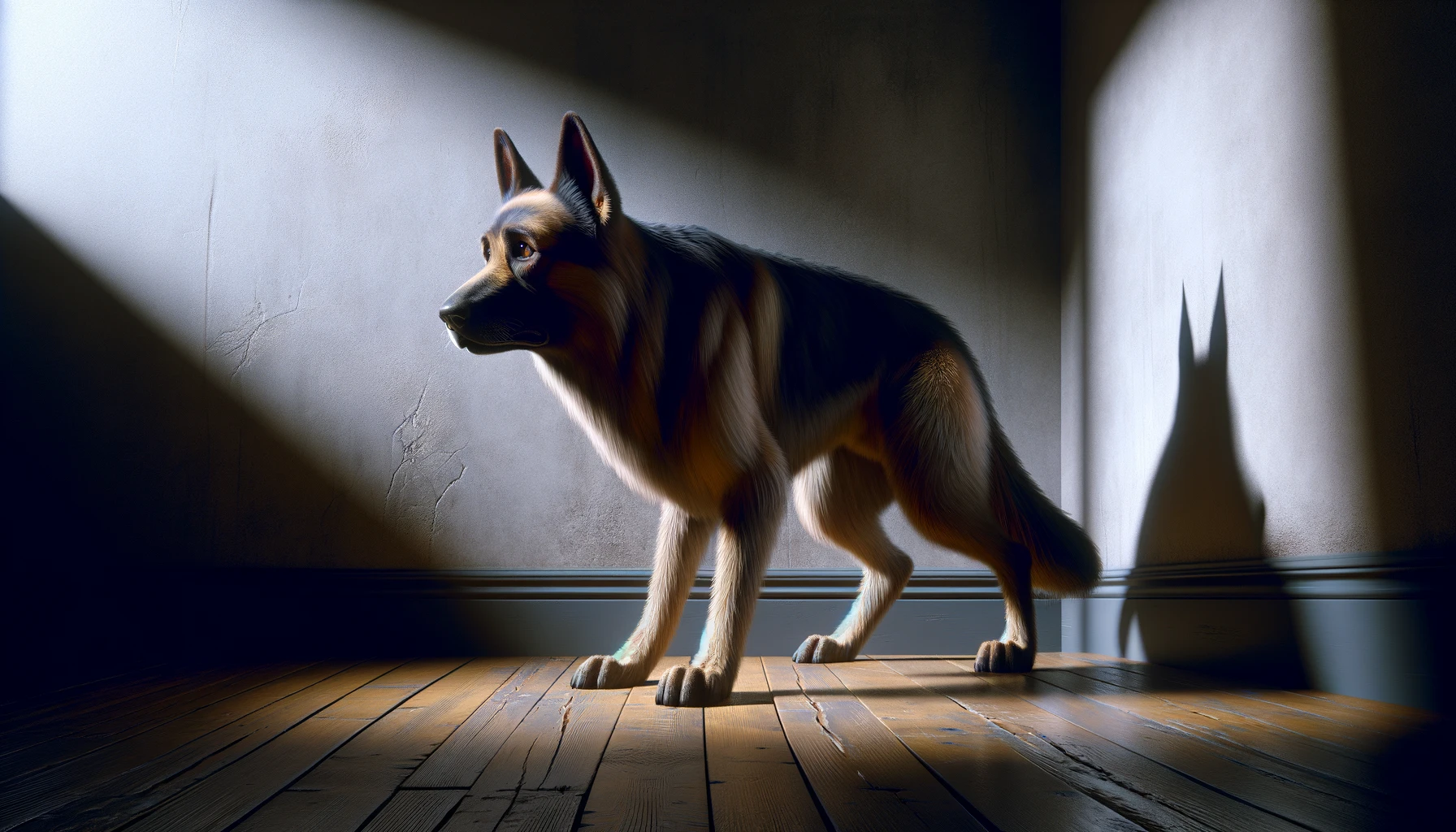To view this video please enable JavaScript, and consider upgrading to a web
browser that
supports HTML5
video
Otters in a Cumbrian town are scaling fences to steal valuable koi carp and other fish from ponds.
Several residents in Ulverston have reported that the animals have sneaked into their gardens and killed their fish.
Among them is Nigel Cooper, who saw an otter kill seven of his fish in the middle of the night a couple of weeks ago, before jumping over a five-foot fence to escape.
The 61-year-old has since created a Facebook page and is recording every otter-related incident in the area on a map.
Nigel said: ‘My wife looked out of the window and there was a big otter about two metres away from her, jumping into the pond.
‘She squealed and I thought there was a burglar, so I rang into the living room, where she was, and (then) chased the otter around the garden.
‘It then scurried over the fence.’
Nigel said the otter killed around four goldfish, two koi and three northern gold fish.
‘But we were lucky, because if they get into your pond and they aren’t disturbed then they can completely wipe it out,’ he added.
‘The otters even grab the big fish and drag them to somewhere a bit quieter, then they munch through them.
‘Some people are proper Koi experts, they can cost £20,000 to £30,000 each – they are really expensive.
‘The otters can eat thousands of pounds worth in one night.’
Nigel, a former operations manager, thinks there has been a recent spike in otter numbers which has caused them to find new food sources.
‘There’s two or three pairs of breeding otters in the area and when they have the pups, there’s up to three pups in each breeding season,’ he said.
‘If they are really successful, then they could have six pups in two years and then they breed.
‘All of a sudden, the population of them starts growing.

‘The otters in the area have been that successful with breeding so they are pushing other otters out.
‘They have been forced to look for an alternative food source and they’ve stumbled across a pond and thought that it’s good food.’
Nigel says that even though he ‘loves otters’, he does feel there are ‘too many of them in the area’.
He’s advising people blocking up any holes otters can use to get into gardens and adapting fences they might be able to scale.
He said: ‘I’ve done all sorts – we witnessed it climb over a five ft fence so you need something to stop them from climbing up them.
‘We’ve got some chicken wire rolled up on the top of it, so it should stop them from climbing up the fence.
‘We’ve also blocked every hole up that we possibly can.’

European otters almost became extinct in the UK in the 1950s and 60s because of pesticides affecting their breeding.
The animals became a protected species in 1981, which together with bans on harmful pesticides and improvements in their habitats, have helped their numbers grow.
According to the RSPCA, they can now be found living in the wild in every UK county.
It’s not clear, however, how many there are because surveys only look for secondary signs in the form of their droppings, known as spraint.
Experts say the UK population could still be at risk as despite improvements around pollution and loss of habitat, issues still persist, the BBC reports.
Otters are generally not aggressive toward humans, however last month a group of the animals attacked a woman jogging in a park in Malaysia.
Experts say they can be defensive or aggressive if they feel threatened or cornered, particularly when protecting their young or territory.
Get in touch with our news team by emailing us at webnews@metro.co.uk.
For more stories like this, check our news page.
MORE : I thought I found a toy in my Shein delivery — then it moved
MORE : Inside the UK clinic where you can clone your pets — if you have a spare £59,000
MORE : Hero dog leads cops to her injured owner in a cabin in the woods
Get your need-to-know
latest news, feel-good stories, analysis and more
This site is protected by reCAPTCHA and the Google Privacy Policy and Terms of Service apply.









